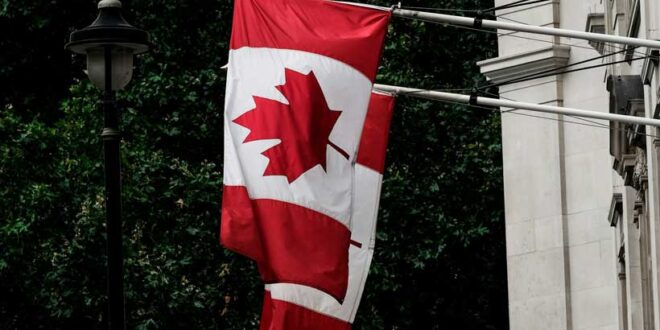Canada, as an independent country, fully established its sovereignty by adopting its own constitution in 1982. Although a member of the Commonwealth, it enjoys significant autonomy, with His Majesty King Charles III as the King of Canada and the nation’s Head of State, while the Prime Minister leads as the head of government.
Historically, Canada’s unique position among Commonwealth countries was shaped by the rivalry between the United Kingdom and France during the colonial era. The French colonization from 1608 to 1763 left a profound legacy, leading to French becoming an official language alongside English and civil law and Quebec to remain as a civil law system. This bicultural aspect contributed to Quebec seeking independence. Rumors indicate that the province is now ready for another referendum.
Canada was once a synonym of quality of life, attracting foreign immigrants to take on jobs lacking workforce. As an immigrant, I have always felt a welcoming atmosphere for newcomers from all over the world. The first day of school for my Asian-looking children in a public school was heartwarming with a Welcome message written on the white board by the teachers, and the allocation of a student to support them to catch up with the classes. Though being Canadian citizens being born and raised abroad for many years, they have never felt less Canadian.
Much has changed since Justin Trudeau got elected in 2015. Apart from the political turmoil which made the prime minister resign. Without finger pointing, not only the economy has collapsed, but Canada’s ability to stand on its own as a great nation. Jobs are scarce, cost of living skyrocketed, and the opioid crisis resulted in increased violence. Within a month, I have dealt with break-in episodes in my residence in downtown Ottawa, a fact that I could never imagine facing after leaving Latin America for similar reasons.
Being re-elected as the 47th president of the United States, weeks before its inauguration, Trump suggested increasing tariffs. His Canadian narrative became more audacious by suggesting the annexation of Canada. A supposedly ‘new’ American map which includes Canada is circulating on the internet.
Trudeau retorted to him by saying “There isn’t a snowball’s chance in hell that Canada would become part of the United States.” Words coming from a recently resigned political leader have less weight.
The idea of Canada becoming the 51st state of the United States raises questions about sovereignty and cultural preservation. While Canada and the U.S. share extensive economic and security partnerships, mutual respect should be the cornerstone of their relations.
The right to sovereignty and non-interference in the domestic affairs of nations is enshrined in the UN Charter (1945). International law condemns the use of “economic force,” such as the suggestion of a 25% tariff on Canadian products by Donald J. Trump, to compel nations. Yet, we all know that international law often operates with double standards. Canada could make use of existing frameworks and international platforms such as the United States-Mexico-Canada Agreement (USMCA) and the WTO dispute resolution mechanisms to guarantee that fair trade principles are respected by its southern neighbor.
Trudeau’s departure will leave a stain in Canada’s history, unlike his father’s legacy, who played an important role in Canada’s constitutional independence from the UK. This context became a perfect setting for Trump’s argument that Canada should become the States’ 51st state. Canadian politicians should not take Trump’s statements as jokes, on the contrary. As he recently stated the use of military force to acquire Panama Canal and Greenland, Canada could be included in the combo.
I have seen many Canadians voicing their willingness to join the United States. Considering the current dissatisfaction with the fact that Canadian economy and foreign affairs, somewhat was never dissociated from the United States, it is not farfetched to imagine the country being an autonomous region, similar to what Hong Kong represents to China. That would be the American version of the “one country, two systems.”
Both Canada and its citizens should recognize the importance of the national identity that once united British and French cultures. Canada belongs to the First Nations. The U.S.’s interest in Canada is rooted in the exploitation of its vast natural resources, and it is this sovereignty and independence that must be protected. As an immigrant and international jurist, I made Canada my home and I am both proud and thankful for being here. Today I watched an interview with the Ontario premier, Doug Ford, on Fox News, where the anchor stated that it is everyone’s dream to be American. No, it is not my dream to be American.
In foreign affairs, it is a great opportunity to institute a new era of strategic alliances with other countries and dissociate its international strategy from the United States. The next prime minister will have the tough task of making Canada great again.
 Geostrategic Media Political Commentary, Analysis, Security, Defense
Geostrategic Media Political Commentary, Analysis, Security, Defense







You must be logged in to post a comment.